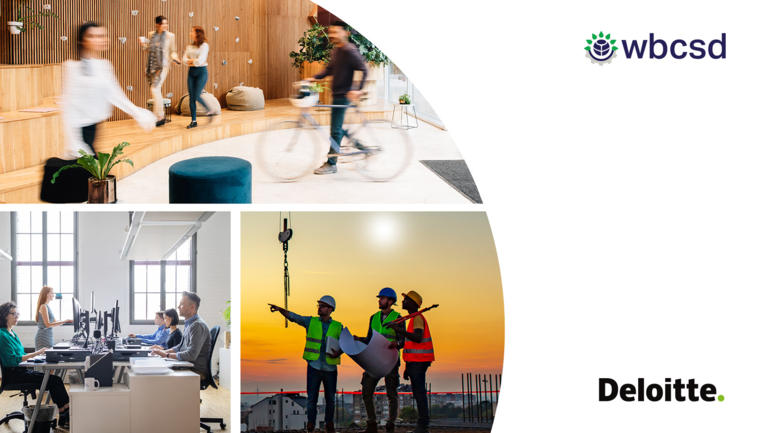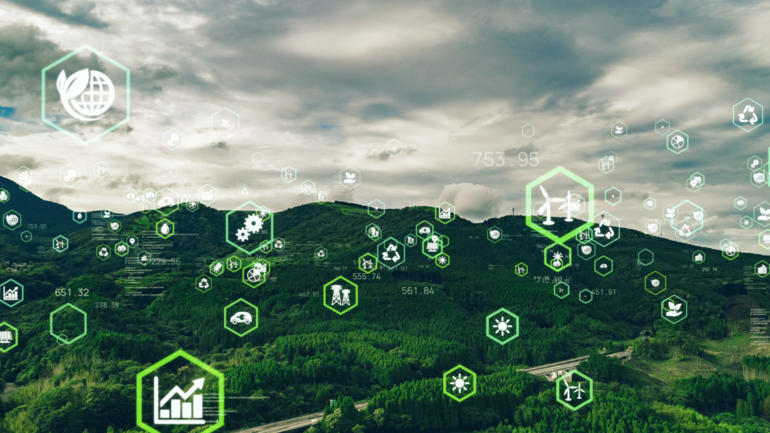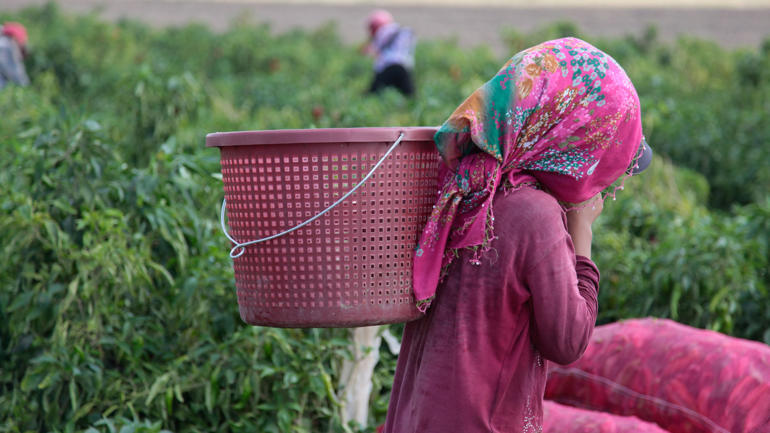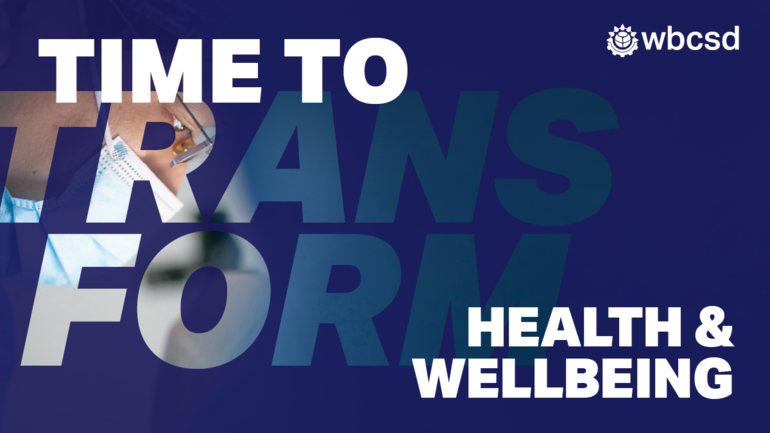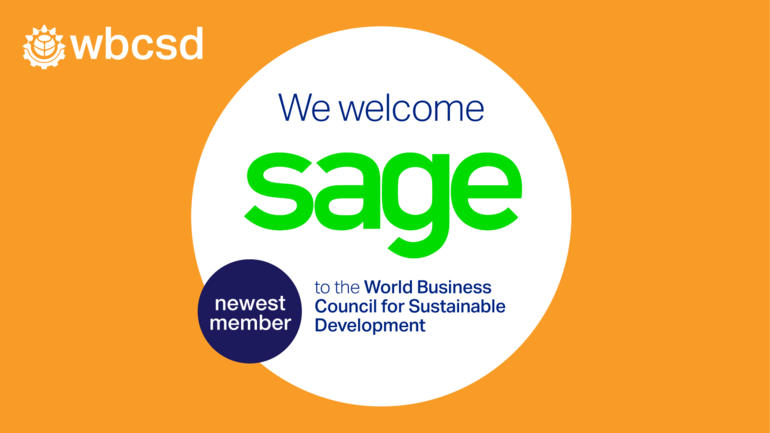Geneva, 23 April 2019: Inter IKEA Group recently launched its Sustainability Report FY18, reporting progress from across the IKEA brand on its updated People & Planet Positive commitments and ambitions leading to 2030.
The People & Planet Positive Strategy has three core focus areas, one of which is healthy & sustainable living, where the ambition is for IKEA to inspire and enable more than 1 billion people to live a better everyday life within the limits of the planet by 2030.
WBCSD’s Sustainable Lifestyles program area has been working on this challenge, seeking to understand the world that we need to create – technically, practically and emotionally – to enable and inspire more sustainable lifestyles. WBCSD was delighted to share its work on “The Good Life 2.0” and its “Lighthouses” envisioning the Future of Food and the Future of Home with both Inter IKEA Group and Ingka Group (the main IKEA Franchisee with 367 stores around the world and a strategic partner to Inter IKEA Group) as they jointly worked on the new People & Planet Positive strategy.
For its Sustainability Report FY18, Inter IKEA Group asked WBCSD’s Julian Hill-Landolt (Director, Sustainable Lifestyles) to reflect on how IKEA can best contribute to more sustainable lifestyles.
Julian Hill-Landolt: “Population growth, increasing urbanization, social and environmental pressures, the nature of work and new technologies are all combining to change people’s daily lives and their needs, hopes and dreams. Around the world, people from across the socioeconomic spectrum are questioning what a ’good life’ looks like today.
Better. That’s where the future lies. Not more, not less, just better. You can almost see it in an IKEA advert! And, of course, it is an important pillar of the new IKEA strategy: ‘creating a movement in society around better everyday living’. Business has a huge opportunity to shape the way better (sustainable) lifestyles are made possible and desirable.
Part of shifting people’s aspirations will be changing the perception of sustainable living. Doing this demands a new approach to the way we offer people ’sustainable’ options. To understand how we can truly make people’s lives better, we need to start by looking at how they live, rather than the impacts of their lifestyles. Focusing on impact reductions often leads to us asking people to give things up. We need to flip our approach. We must provide products and services that offer an aspirational quality of life, with a fraction of the impacts. In business terms, we need to create a market for more sustainable lifestyles, and the products and services that make it possible.
People are already looking for ’better’ options that help them to enjoy aspirational and happy lifestyles with their family and friends. Businesses just need to nurture this emerging opportunity, going beyond meeting current demand to shape the future for the better.
IKEA has set ambitious goals to do exactly that – creating a movement around better everyday living, inspiring and enabling people to live healthier, more sustainable, resource-efficient lives. Exploring what people can, rather than can’t, do.
Succeeding will require unwavering focus. It’s always easier to give people what they want. But lasting long-term success comes from shaping what people want. We wish IKEA, and those that it will inspire and lead, every success in shaping our future towards healthier, more sustainable, aspirational lifestyles.”



